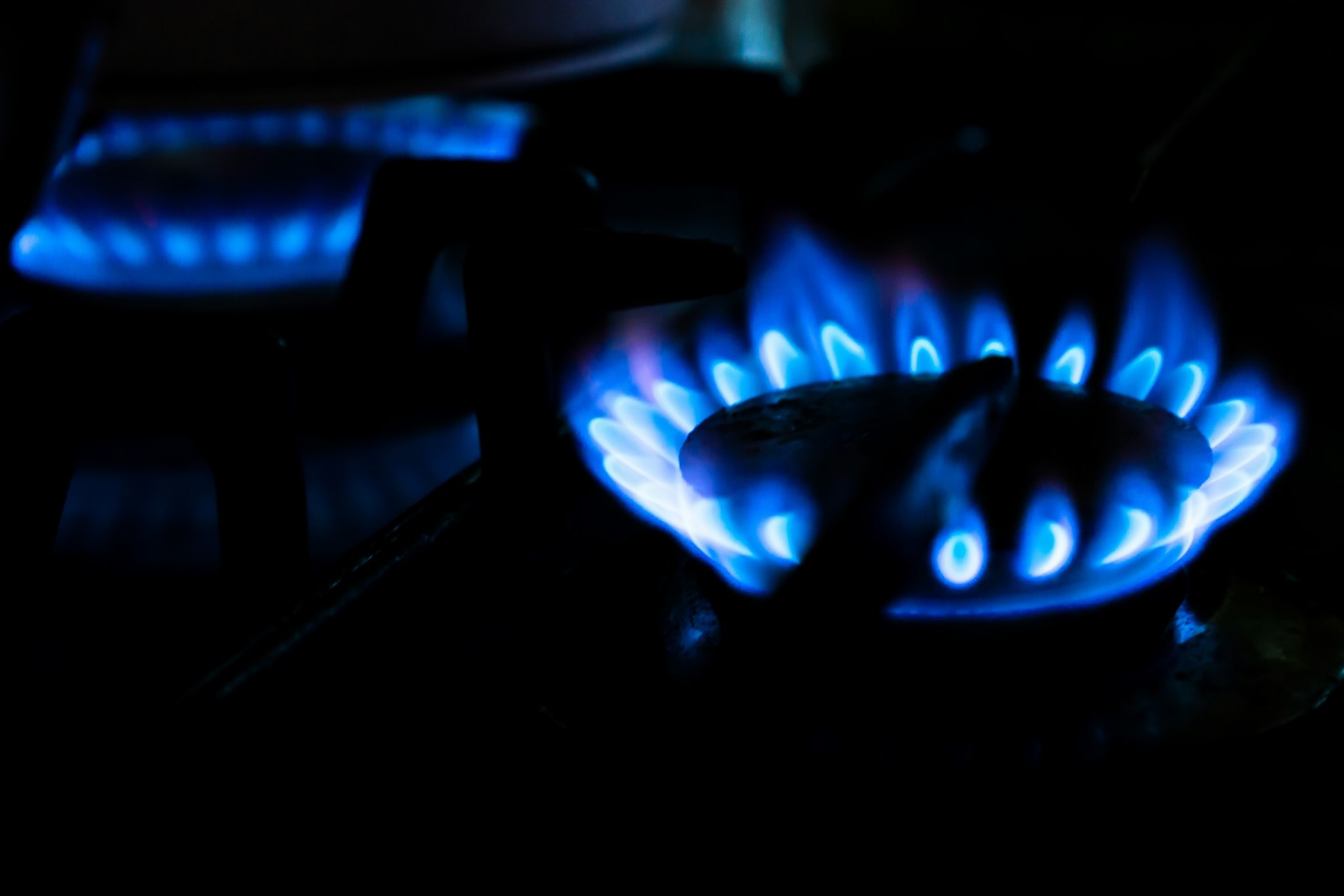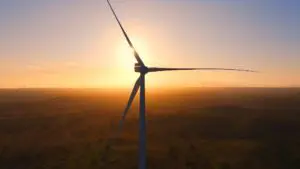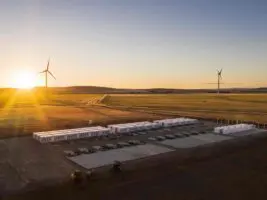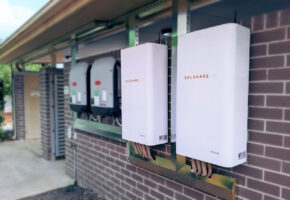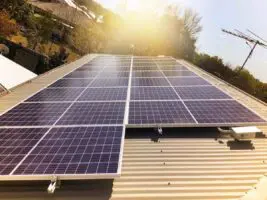Western Australian households can expect to start paying more for their annual gas bills as early as January next year, as authorities move to “smooth” out the cost of the gas network death spiral being wrought by the electrification of everything.
The WA Economic Regulation Authority (ERA) says gas network tariffs will increase by 7.8 per cent a year over the next five years, under its final decision on the access arrangement for ATCO’s Mid-West and South-West Gas Distribution Systems, which supplies more than 800,000 households and businesses.
The ERA says the increase in tariffs – which is expected drive up residential gas bills by around 7% in 2025 – has been influenced by economic factors including high interest rates and inflation, but will also allow for “accelerated depreciation” of ATCO’s investment in its network of gas pipelines.
The issue of “accelerated depreciation” is a critical one for the industry and consumers, as regulators seek to resolve the problem of who should bear the cost of stranded gas pipelines and other infrastructure left behind by the rapid push to electrification.
While gas companies scramble to claw back the billions they have invested, it’s up to regulators and governments to ensure that low income and vulnerable households aren’t left to foot the bill.
The issue is further confused by some gas industry claims that existing networks of gas pipelines will not be stranded, but rather upgraded for use to supply green hydrogen-based “renewable gas” to homes and businesses of the future.
But these claims are getting less and less believable, particularly when major gas distribution companies are actively seeking regulator approval to recoup their costs.
In Victoria, as Renew Economy reported last week, AusNet Services wants to charge customers an extra $70 million over the five year period starting in 2028, as it comes to terms with the fact that “the renewable gas path is now increasingly unlikely for Victorian households.”
In Western Australia, another state with a big residential gas network, it looks like ATCO and the regulator are coming to a similar conclusion, with the ERA deciding to allow $38.1 million in accelerated depreciation for ATCO.
“In light of the high-cost environment affecting both households and businesses, we have elected to smooth this tariff increase in five equal, smaller steps over the five years of the access arrangement, rather than in a single step change next year,” the ERA said in its determination last week.
“This review has taken place during a period of debate about the future of gas use in Australia, with an escalating community and government focus on reducing carbon emissions,” said ERA chair Steve Edwell.
“We have sought to balance the need for prices to stay as low as possible for current consumers, while allowing ATCO to prepare for the future where, if pipeline use declines, its costs will be shared among a smaller, and possibly more vulnerable, group of users,” he said.

